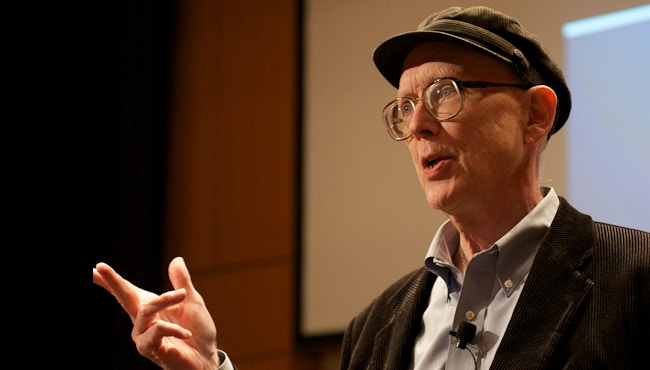
George is currently researching physical and organic chemistry, materials science, biophysics, complexity, surface science, microfluidics, self-assembly, micro- and nanotechnology, science for developing economies, origin of life, and cell-surface biochemistry. Given this broad range of research, he is active in multiple Wyss Institute Focus Areas, including Bioinspired Therapeutics & Diagnostics and Immuno-Materials. Much of his work involves developing diagnostic tools that are low cost, simple to use, and durable enough to withstand conditions in rural areas and in the developing world. George has incorporated advanced microfluidics into paper-based devices that are about the size of a postage stamp. These low-cost devices use polymers that repel water to steer blood or urine along tiny channels. There, the fluids interact with chemicals that change color if they detect disease indicators, such as the signature high-glucose levels of diabetes. Results could be read by a layperson.
George is the Woodford L. and Ann A. Flowers University Professor at Harvard University. He has received dozens of awards, the most recent of which is the Dreyfus Prize in the Chemical Sciences for his creation of new materials that have significantly advanced the field of chemistry and its societal benefits. He has also received the Priestley Medal, which is the highest honor bestowed by the American Chemical Society, and the Benjamin Franklin Medal in Chemistry for his pioneering chemical research in molecular self-assembly and innovative nanofabrication techniques. He is a member of the National Academy of Sciences and has been appointed a Fellow of numerous societies. As the author of more than 950 scientific articles and numerous patents, George is the most cited chemist in the world.
